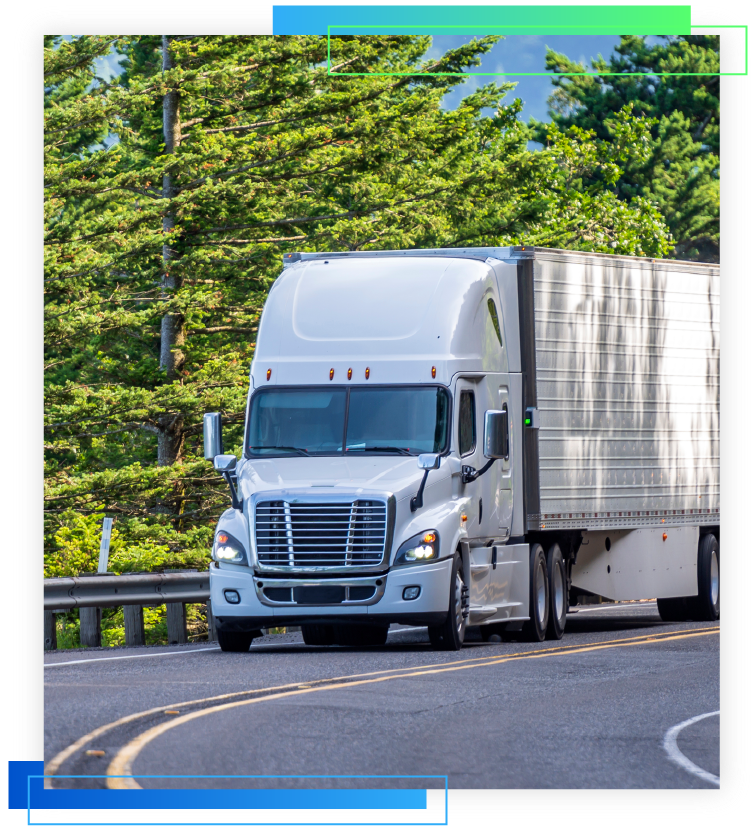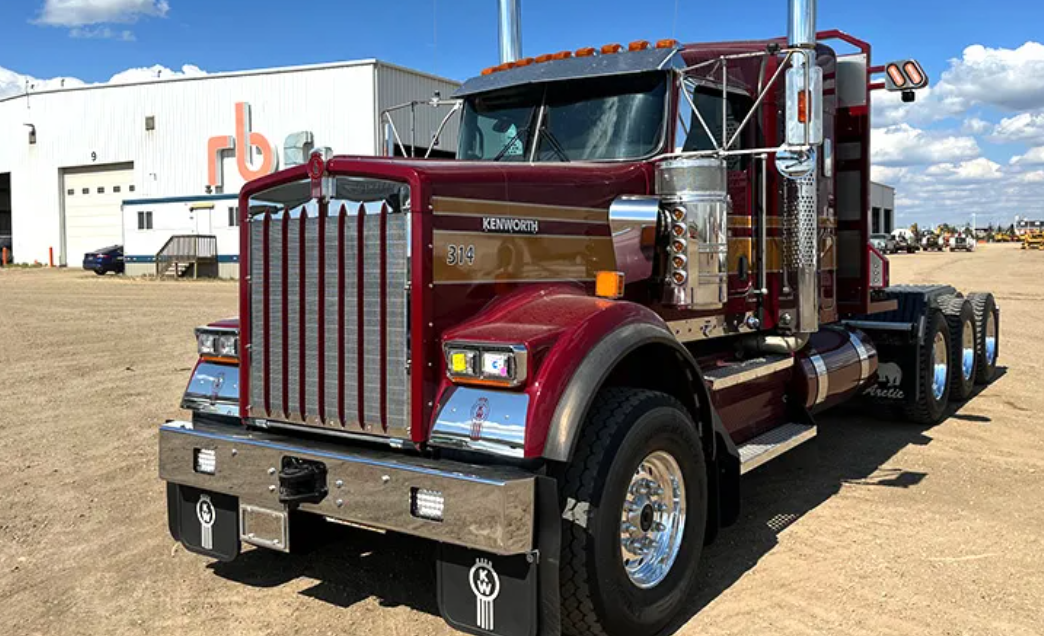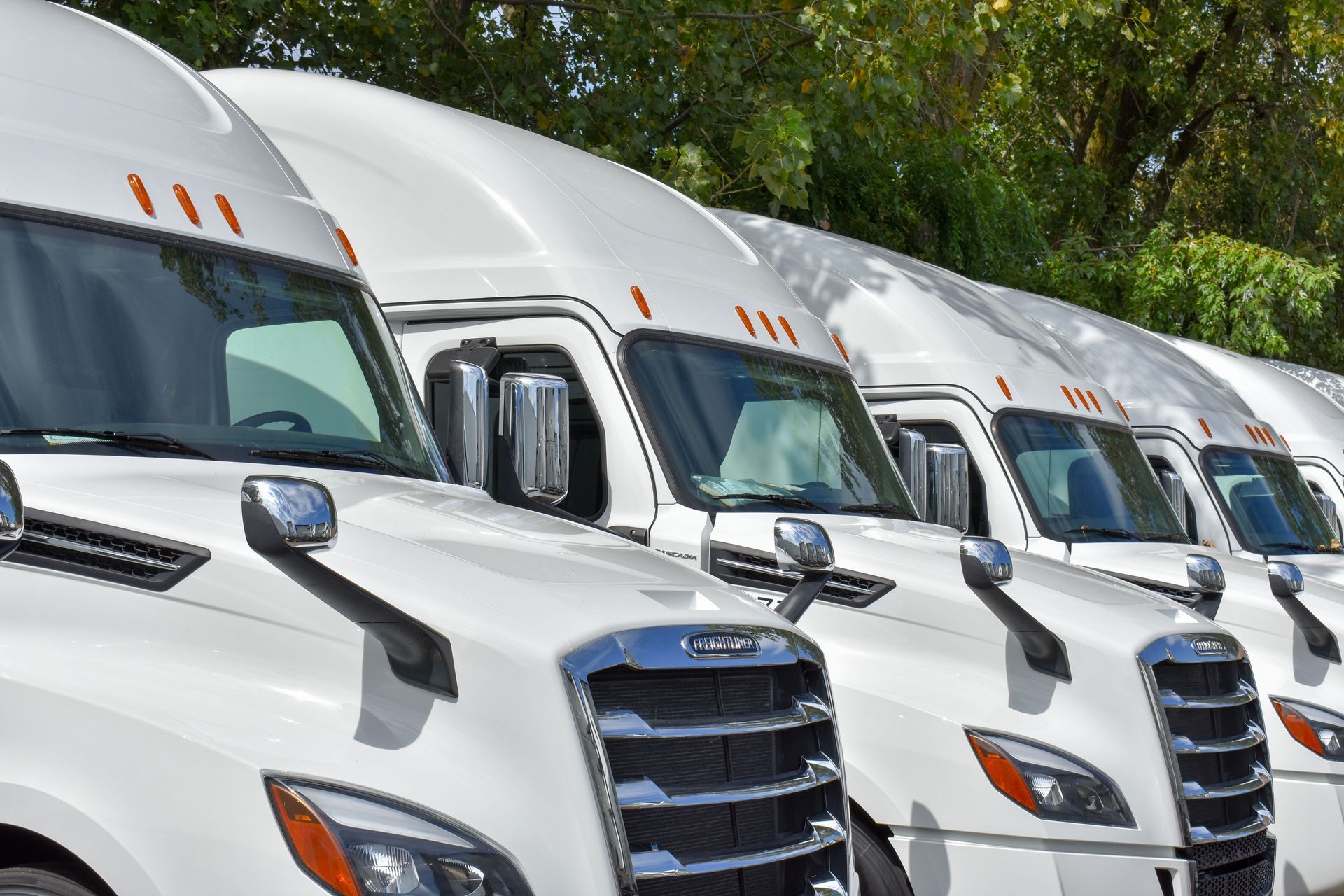What You Need to Know

If you’re in the trucking industry, you know that managing risks is just as important as maintaining your rig. One type of insurance that often raises questions is bobtail insurance. This specialized coverage is designed to protect truck drivers when they’re operating their trucks without a trailer. Whether you're an owner-operator or leased to a motor carrier, understanding bobtail insurance can help you protect your livelihood.
What is Bobtail Insurance?
Bobtail insurance, sometimes referred to as deadhead insurance, provides liability coverage when a truck is being driven without a trailer attached. This typically happens when:
- A driver is heading home after dropping off a load.
- A trucker is driving to pick up a new load.
- The truck is being moved for personal reasons, such as maintenance or repairs.
It’s important to note that bobtail insurance covers you only when you are not hauling cargo and not under dispatch. If you are under dispatch or carrying goods, your primary liability insurance from your employer or your own policy should cover you.
Why is Bobtail Insurance Important?
Even though a truck without a trailer seems less risky, accidents can still happen. Without bobtail insurance, you may be personally responsible for any damages or injuries caused in an accident. For example:
- If you’re returning to your home base after delivering a load and cause an accident, you could face significant financial liabilities.
- Your motor carrier’s insurance may not cover you if the accident occurs while you’re off duty or not under dispatch.
Bobtail insurance steps in to fill this gap, ensuring you’re protected during these transitional periods.
What Does Bobtail Insurance Cover?
Bobtail insurance typically provides liability coverage for accidents that result in:
- Bodily injury: Injuries to other drivers, pedestrians, or passengers involved in the accident.
- Property damage: Damage to vehicles, buildings, or other property.
It does not, however, cover:
- Damage to your own truck.
- Injuries to the driver (you).
- Cargo-related claims.
- Any incident while you are under dispatch or hauling a trailer.
Who Needs Bobtail Insurance?
Bobtail insurance is often a requirement for owner-operators who are leased to motor carriers. Many carriers mandate that drivers carry their own bobtail insurance to protect against liability when the driver is off duty. If you are an independent contractor, this coverage is crucial to bridge the gap between your personal use and work-related insurance.
Bobtail Insurance vs. Non-Trucking Liability Insurance
Bobtail insurance is often confused with non-trucking liability insurance. While they are similar, they have distinct differences:
| Feature | Bobtail Insurance | Non-Trucking Liability |
|---|---|---|
| Coverage scope | Driving without a trailer, regardless of purpose. | Driving for personal use, not for business. |
| When it applies | When you're not under dispatch. | When you're not hauling or doing business tasks. |
| Common Use Case | Heading home or to a pickup point without a load. | Running personal errands in your truck. |
It’s essential to review your motor carrier’s requirements to determine which type of coverage is needed.
How Much Does Bobtail Insurance Cost?
The cost of bobtail insurance depends on several factors, including:
- Driving history: Clean records result in lower premiums.
- Location: States with higher accident rates may increase premiums.
- Mileage: The more you drive without a trailer, the higher your risk.
- Coverage limits: Higher liability limits mean higher premiums.
On average, bobtail insurance costs between $30 and $50 per month, though rates may vary.
Tips for Choosing the Right Bobtail Insurance
- Assess your needs: If you frequently drive without a trailer, this coverage is essential.
- Understand your motor carrier’s policy: Some carriers provide limited liability coverage, but you may still need bobtail insurance.
- Compare policies: Shop around to find a policy that offers the best coverage at an affordable rate.
- Bundle your insurance: If you also need cargo or physical damage coverage, bundling can save money.
Common Myths About Bobtail Insurance
- "I don’t need it if I’m leased to a carrier."
Some motor carriers don’t cover you when you’re off duty or driving without a trailer. - "My personal auto insurance will cover me."
Standard personal auto insurance does not apply to commercial trucks. - "It’s the same as non-trucking liability insurance."
As outlined earlier, these two cover different scenarios.
Final Thoughts
Bobtail insurance is a vital safety net for truckers, ensuring you’re protected during those in-between moments when you’re on the road but not actively hauling. With affordable rates and broad coverage, it’s a small investment that can save you from significant financial loss. If you’re an owner-operator or a leased driver, consider speaking with an insurance provider to explore your options and ensure you’re fully covered.
By securing the right policy, you can focus on what matters most—keeping your rig rolling and your business thriving. Here at Bloom Services, we are 100% OTR trucking. Our drivers average $3,000 plus a week take home pay after all expenses, like fuel, truck rent, etc. If you have Grit, and the endurance to consistently deliver loads and run for at least three weeks at a time, you can take home $150K a year. If you are interested, apply now.



office & Parking depot
5120 Belmont Rd Unit K, Downers Grove, IL 60515, USA
Hours of operation
Mon - Sun: 7am-5pm
